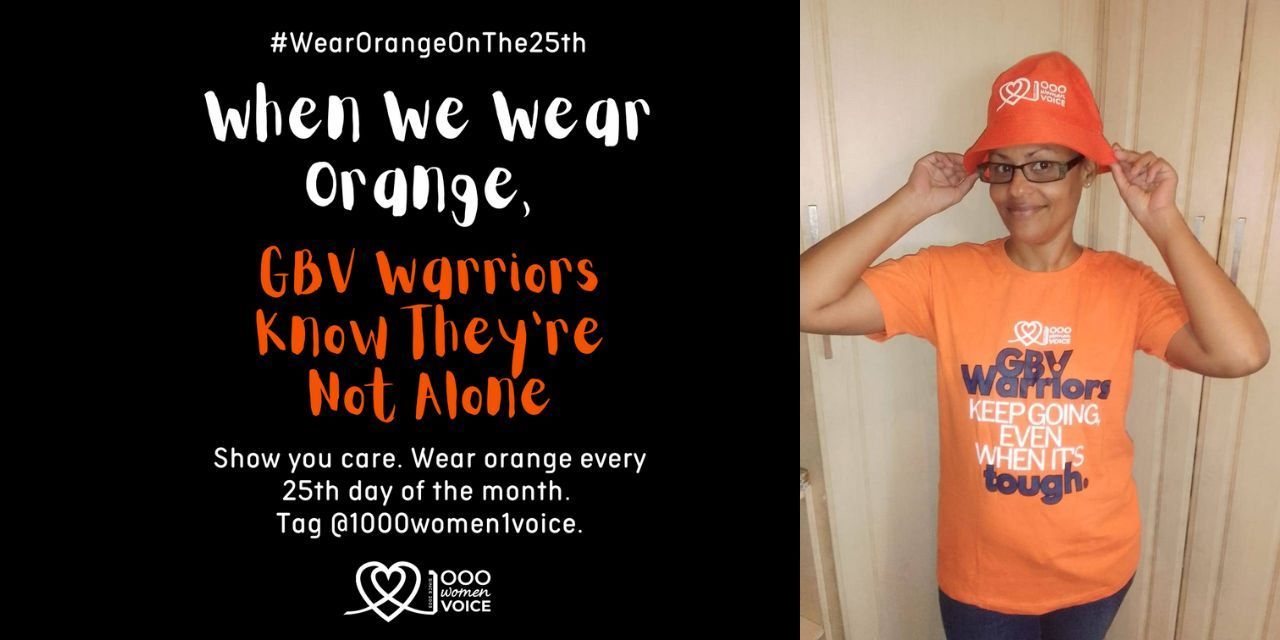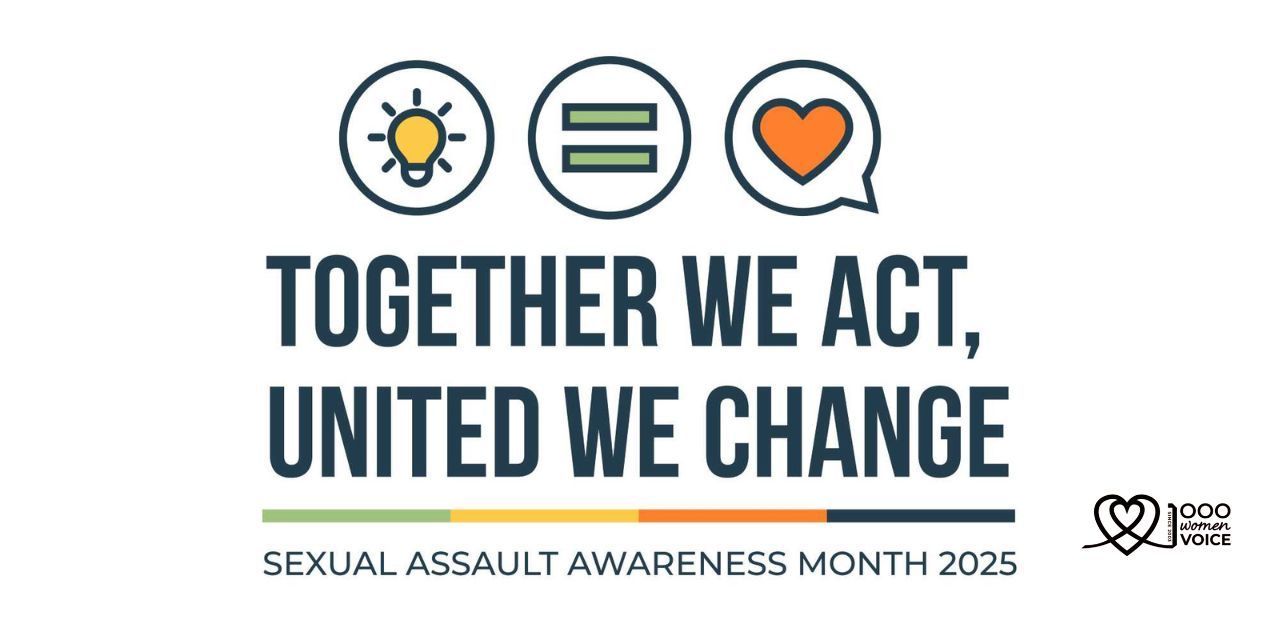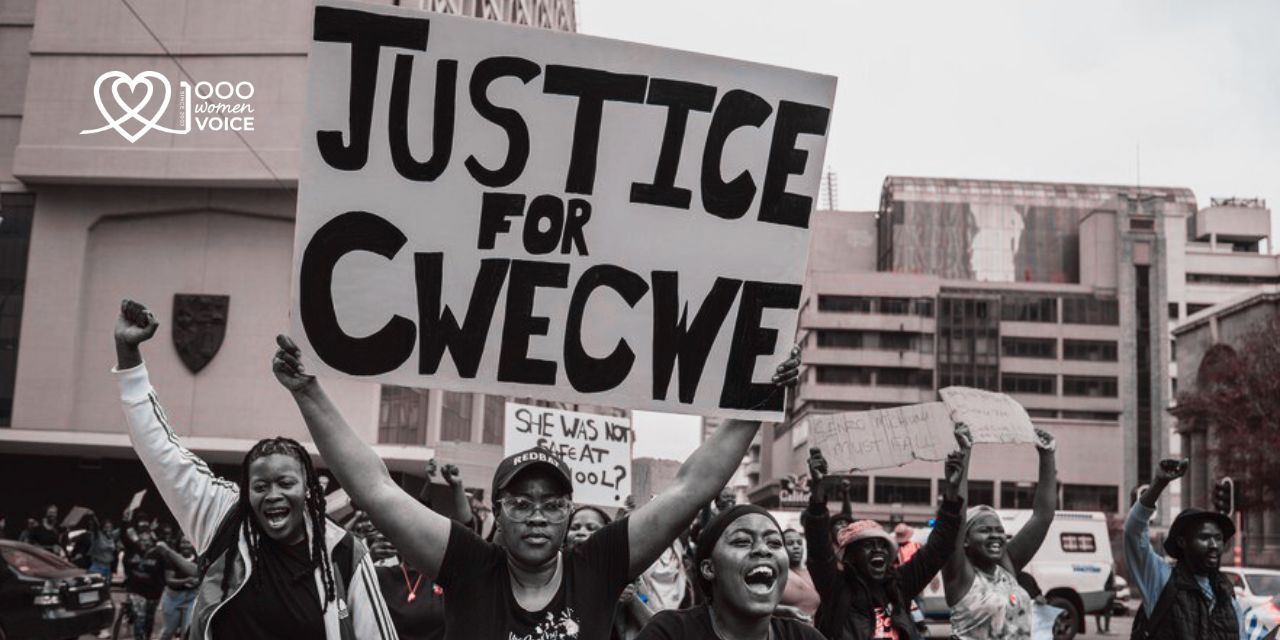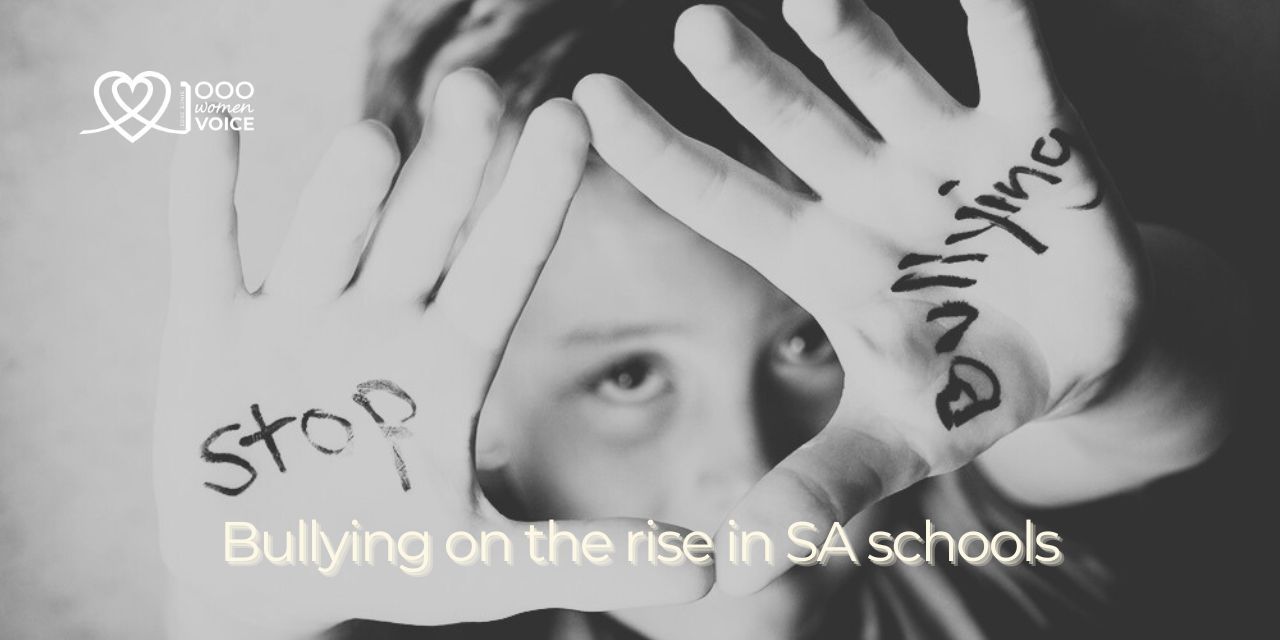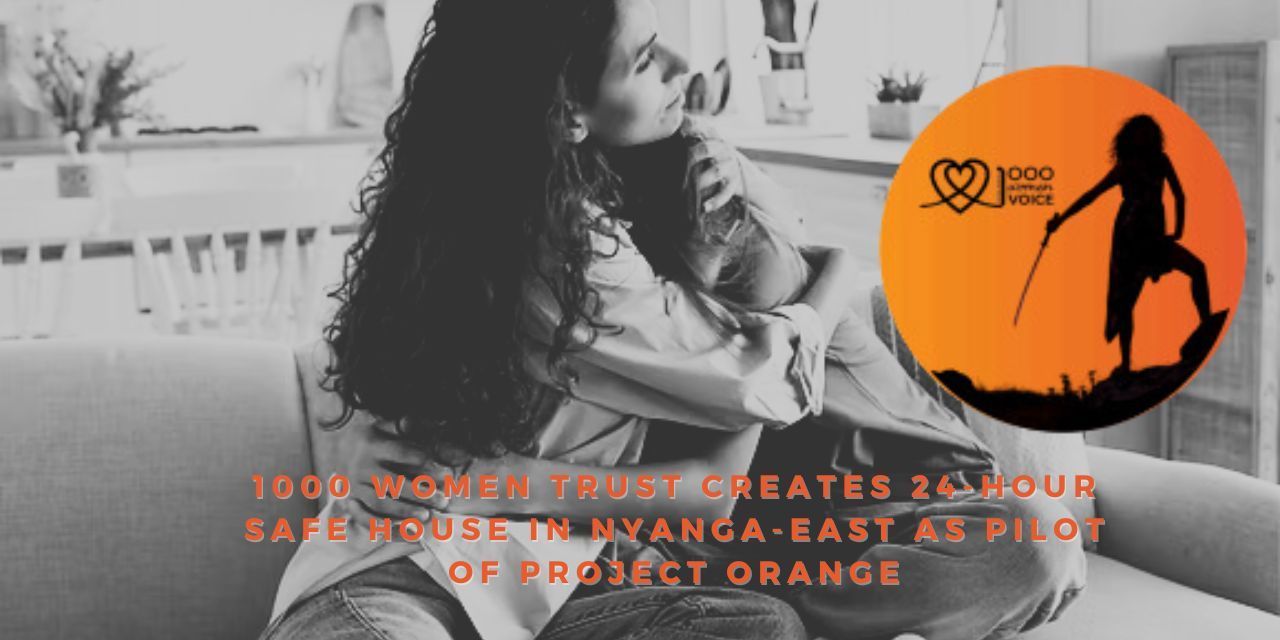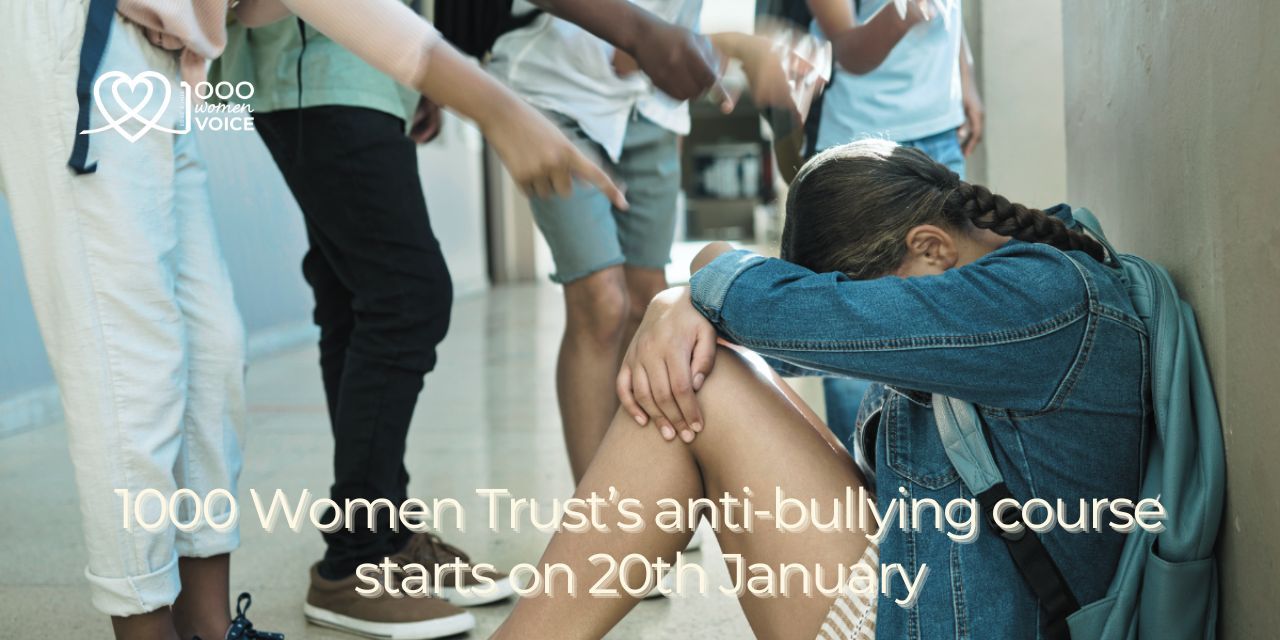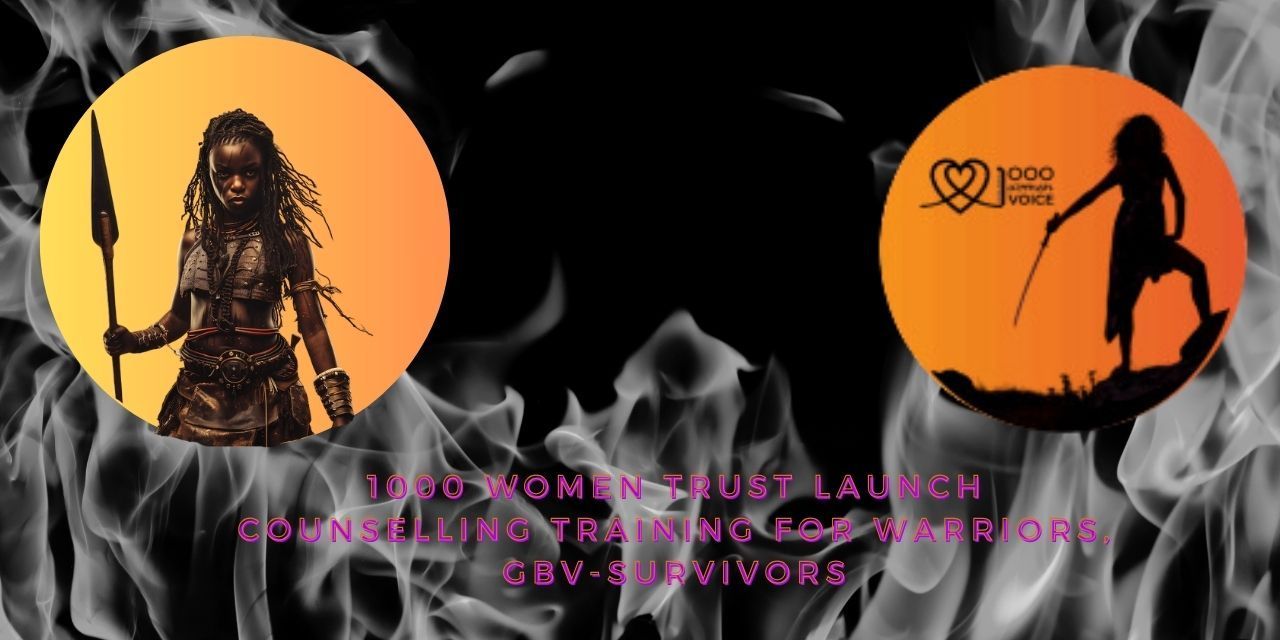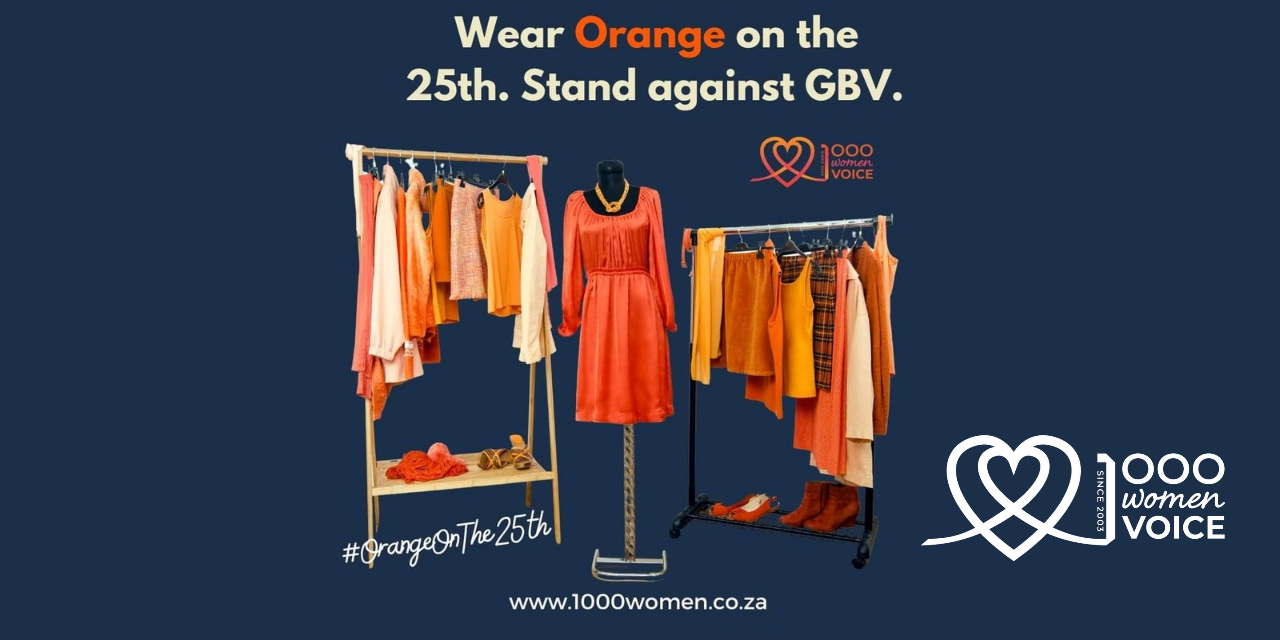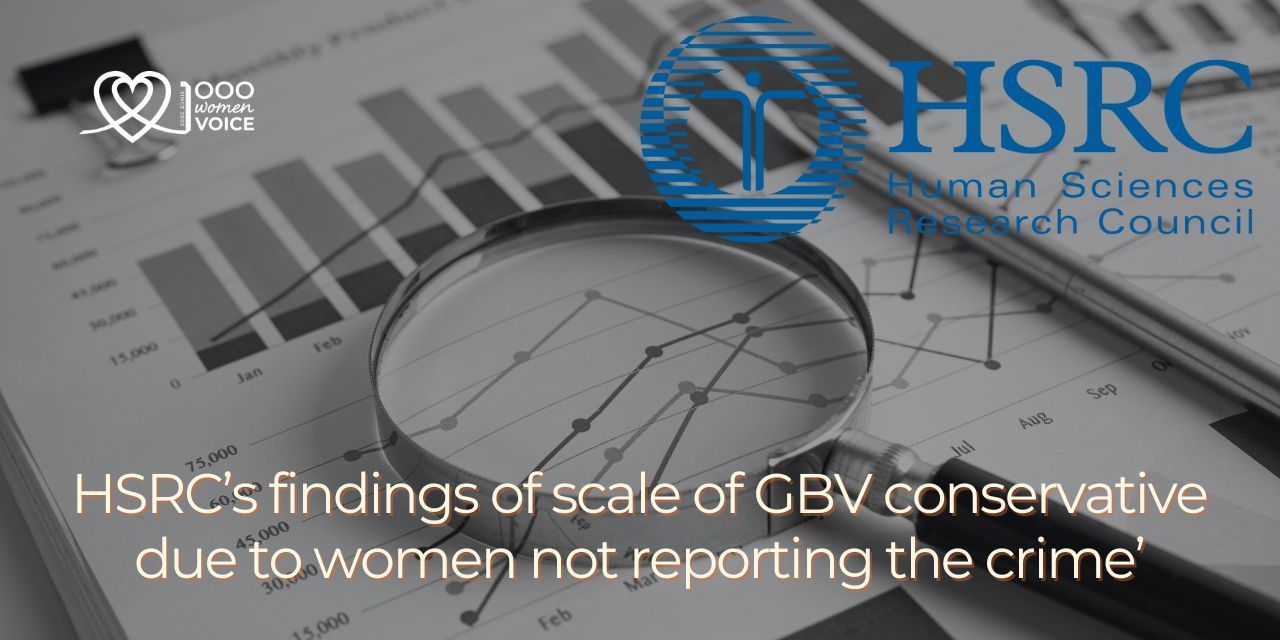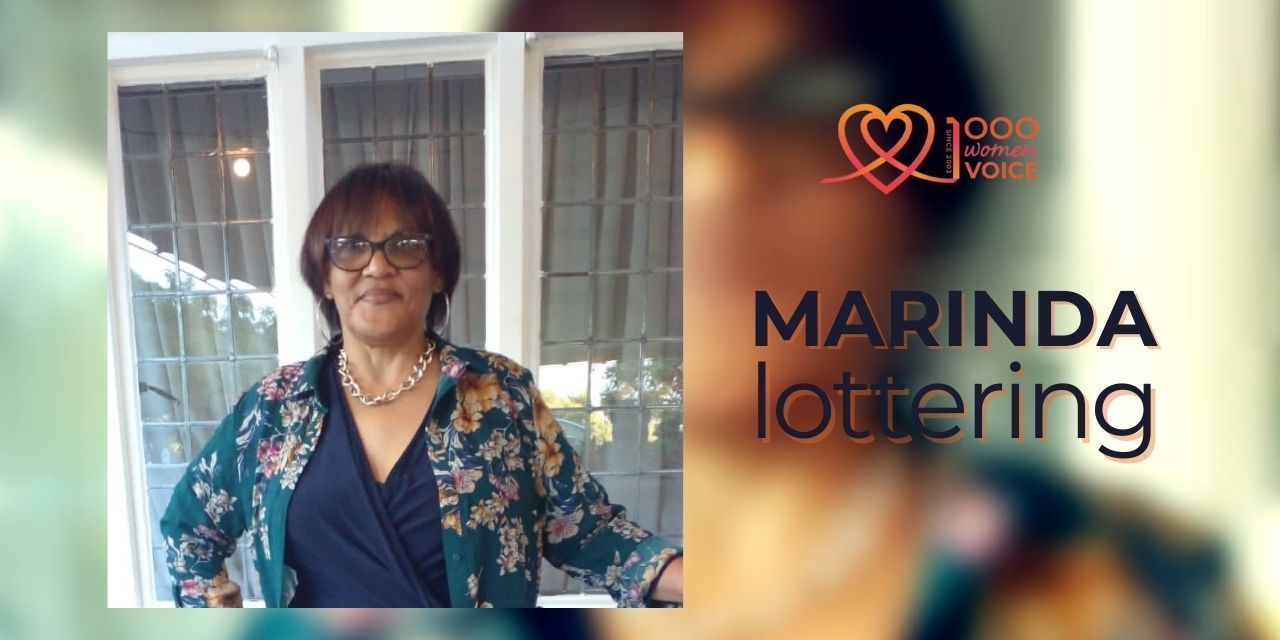Police crime statistics – why 1000 Women Trust’s initiatives should be backed
Police crime statistics – why 1000 Women Trust’s initiatives should be backed
The announcement of the crime statistics for the period between April and the end of June 2024 on Friday 30th August is a grim reminder that South Africa is losing the fight to protect women and children against perpetrators of gender-based violence and femicide.
The introduction of a national strategic plan on gender-based violence and femicide, and new laws have done very little to change the fate of South Africa’s women and girls.
Crimes against women and children showed an increase, according to the released statistics. There were 966 women murdered during the three-month period from April to the end of June 2024 (an increase of 7.9%) and 1 644 attempted murders (16% increase) of women.
There were 314 children murdered (a 7.2% increase), and 242 attempted murders recorded (20% increase).
Rape cases increased by 0.6%, with 57 more offences reported between April and June, from 9,252 in the same period last year to 9,309.
Most reported rapes happened in the residences of perpetrators, said Maj-Gen Thulare Sekhukhune, who presented the statistics.
“We did a sample of 7,165 and it indicated 4,265 of the rapes happened in the residence of the perpetrator, the second is in a public place [with] 1,766 reported and we also had 91 rapes taking place in educational institutions.”
Of the 91 rapes, 74 happened in schools.
Why is this happening? There are three reasons.
Firstly, the second pillar of the national strategic plan on GBV and Femicide is simply dysfunctional. The second pillar is about prevention of GBV and Femicide and rebuilding social cohesion.
It should be addressing the root causes of GBV, like the ideas of masculinity that believe in men controlling women and ideas of femininity that promote women’s subordination of men.
That pillar is falling down. The hearts and minds of men are not changing.
The Human Sciences Research Council has just completed the first-ever national survey on GBV prevalence in a democratic South Africa.
The study was undertaken in 2022 based on a random sample of people interviewed at home.
It measured issues like physical, sexual, emotional and economic abuse, as well as controlling behavior between intimate partners.
Among other things, the survey found that around 7 percent of women aged 18 years and older had experienced physical or sexual violence in the past 12 months.
This rate was highest among young women, black women, women who completed secondary education, and women who are unmarried but live with a partner.
This figure is the equivalent of 1.5 million women.
So, according to the HSRC survey, over the course of just one year, more than one and a half million women experienced physical or sexual violence in our country.
1000 Women Trust introduced ground-breaking initiatives in 2020 - #Make Time and Talking to Boys – which highlights the importance of parents’ sharing values like gender-equality, respect for women and girls and consent with young males in their foundational stages.
This 1000 Women Trust-initiative should have become part of the schools curriculums all over South Africa.
The strategic incentives by 1000 Women Trust to address the national scourge of bullying at schools has reached 10000 people, but it should be part of the curriculums in the 26500 public schools in the country. For it is clear that a majority of learners who are perpetrators of bullying later engage in gender-based violence.
The second reason why South Africa is losing the war on gender-based violence, is that laws and national strategic plans on GBV and femicide must be policed.
Differently stated, the police through effective and efficient actions, as well as the national prosecuting authority must act as a strong deterrent to perpetrators of GBV. But they fail dismally to do that.
The brutal rape of a one-year old baby at a creche in Newlands-East in May this year is still unsolved. Nobody has been arrested. It is a reminder of the inability of the police to act quickly and decisively against perpetrators. What has happened to the perpetrators who raped eight Krugersdorp-women two years ago? Nothing.
There are endless examples of these poor police-performances.
Lastly, women-led organizations like 1000 Women Trust who play a pivotal part in creating awareness about GBV, receive very little support from government.
The latest statistics proves again that 1000 Women Trust’s initiative to launch the GBV-Warriors-campaign to support and provide safe spaces for women in the period immediately after an attack at GBV advice offices in hot spots across the country, is pivotal to strengthen and mobilize communities.
But 1000 Women Trust needs financial support and the backing of business and the private sector to expand that advice offices to even more GBV-hotspots in the country than the six initial offices that it plans to open.
1000 Women Trust is a South African Women's Rights Organisation dedicated to combating gender-based violence and femicide (GBVF). For more information visit www.1000women.co.za.
